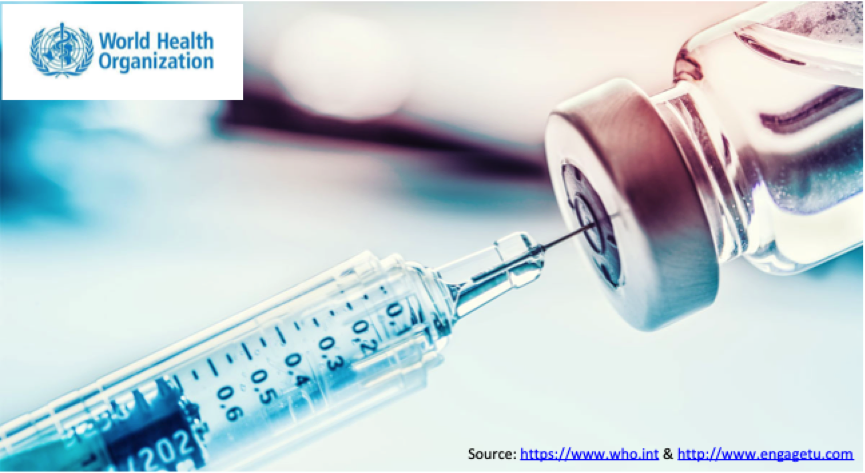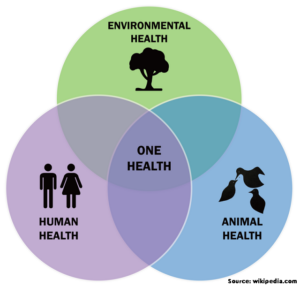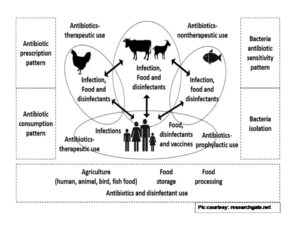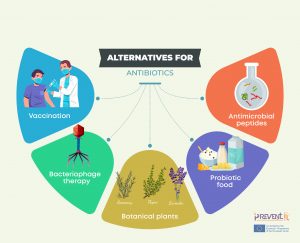Antimicrobial resistance (AMR) is rising day-by-day and imposing significant threat to global health. Low and middle-income countries (LMICs) experience highest mortality and morbidity due to AMR. Though, vaccines are more likely to drop the AMR burden by reducing the use of antibiotics to cure infections, there are not many evidences to support this assumption with respect to LMICs.
Prof. Joseph Lewnard from Division of Epidemiology, School of Public Health, University of California, Berkeley, CA, USA with his colleagues analyzed effect of pneumococcal conjugate vaccines and live attenuated rotavirus vaccines on consumption of antibiotics among people who are more susceptible to infection and cause AMR burden. They observed that vaccination confer 19.7% and 11.4% protection against antibiotic-treated cases of acute respiratory infection and diarrhoea, respectively. And considering current study coverage, the pneumococcal and rotavirus vaccines prevented 23.8 million and 13.6 million cases of antibiotic-treated illness, respectively, among children below 5 years of age in LMICs each year. Moreover, they also estimated that the attainment of universal coverage could prevent an additional 40.0 million incidents of antibiotic-treated illness. This evidence supports the WHO’s global strategy of vaccination to combat antimicrobial resistance in LMICs.
To read the entire article, visit Nature website (Link)







